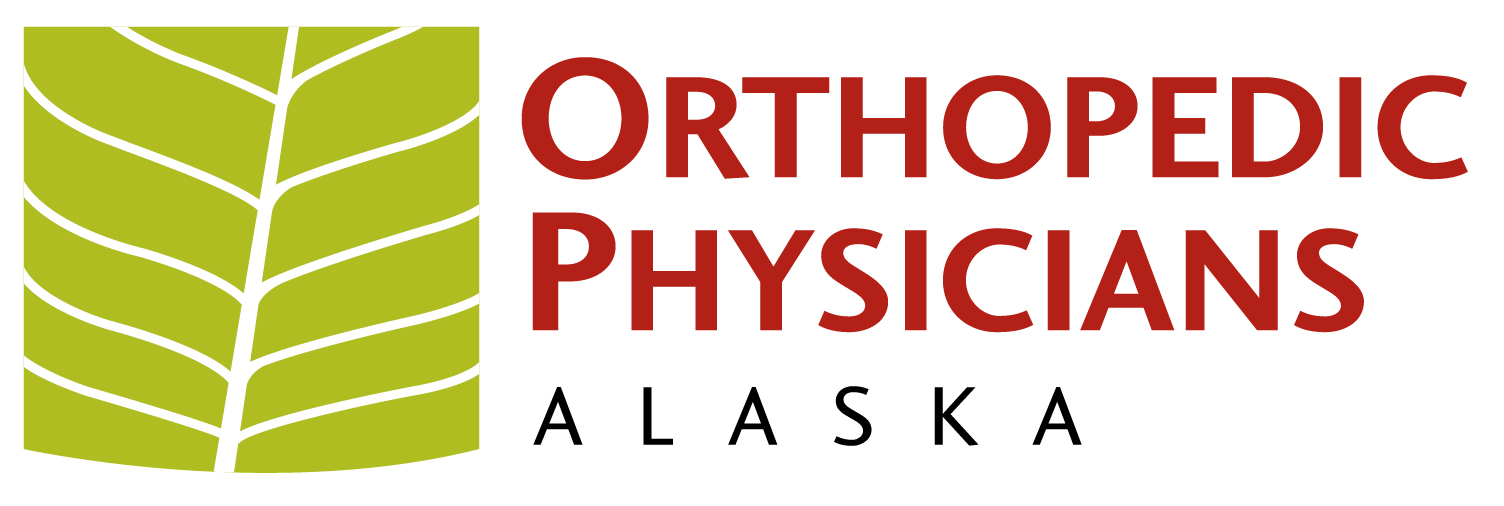“Hip and Knee: Complex Understanding for Simple Solutions”
Register at: https://thesciencept.com/courses/hip-and-knee/anchorage-ak/
The hip and knee are a complex pairing comprising the structural and functional core of many human movements, from ADL to sport. Rehab professionals such as physical therapists and athletic trainers are in a unique position to evaluate, treat, and oversee the recovery of patients with hip and knee injuries. They also often find themselves in the position to assist with developing injury reduction programs for active populations. Having a deeper understanding of what is known and not known can help professionals develop the most effective programs to address these issues.
This two-day course will include lecture and lab demonstration to explore the complexity of the hip and the knee. Topics including femoroacetabular impingement (FAI), acetabular labral and chondral injuries, gluteal/psoas/patellar tendinopathies, ligamentous injuries, meniscal tears, and patellofemoral pain (PFP) will be discussed. There will also be extensive exploration of postoperative management and return to play strategies for common procedures such as anterior cruciate ligament reconstruction (ACLR), femoroplasty, and labral and meniscal repairs.
This complex content will be presented in a way that is simple to understand and even simpler to implement by focusing on key concepts in a hierarchical format.
Objectives:
Upon completion of this course, participants will be able to:
- Use a funnel analogy to simplify the complexities of evidence-based practice
- Describe the current understanding of the mechanisms of injury in non-arthritic intra-articular hip pathologies
- Perform a simple screen for hip patients that would benefit from early surgical consult and for athletes that may be at higher risk for knee injury or second injury
- Explain how to manipulate biomechanics to alter symptom presentation in lower extremity dysfunction
- Summarize the most effective programs for reducing the risk for lower extremity injuries
- Prioritize primary goals of postoperative rehabilitation to maximize return to sport function
- Develop a targeted and streamlined exercise progression for maximal benefit
- Give a basic description of dynamical systems and how that applies to rehabilitation
Schedule
Day 1
08:00 09:00 Applying science to practice
09:00 10:00 Understanding human movement as a dynamical system
10:00 10:15 Break
10:15 11:30 Overview of knee pathologies and biomechanics
11:30 12:00 Examination of the knee (Lecture/Lab)
12:00 13:00 Lunch (on your own)
13:00 14:30 Mechanisms of ACL injuries/Injury reduction strategies
14:30 15:30 Operative management of knee pathologies
15:301 5:45 Break
15:45 18:00 Postoperative rehab of knee pathologies/Return to play decision making
Day 2
08:00 09:00 Exercise progressions for knee rehabilitation (Lecture/Lab)
09:00 10:00 Overview of hip pathologies
10:00 10:15 Break
10:15 12:00 Examination of the hip (Lecture/Lab)
12:00 13:00 Lunch (on your own)
13:00 14:30 Operative and postoperative management of hip pathologies
14:3015:30 Exercise progressions for hip rehabilitation (Lecture/Lab)
15:30 15:45 Final Comments/Conclusion
About Erik Meira, PT, DPT
Erik P. Meira, PT, DPT is currently the clinic director of Black Diamond Physical Therapy in Portland, OR, a clinic that specializes in sports rehabilitation, and is a clinical advisor to the University of Portland NCAA Division I program. He is an ABPTS Board Certified Sports Clinical Specialist and an NSCA Certified Strength and Conditioning Specialist with extensive experience in the management of sports injuries at many different levels. Educated at the University of Florida he began his career at The George Washington University Hospital in Washington, DC before relocating to Portland, Oregon.
He has authored several articles and textbook chapters and has lectured privately and at conferences sponsored through the National Strength and Conditioning Association (NSCA), American Physical Therapy Association (APTA), and the National Athletic Trainers’ Association (NATA) covering topics such as the hip, knee, shoulder, exercise prescription, returning athletes to sport, science application, and PT practice business models and is a regular reviewer for several medical journals. He is the founder and the original chair of the Hip Special Interest Group of the American Academy of Sports Physical Therapy (AASPT) and former chair of the Educational Programming Team. He is also the co-host of PT Inquest, a podcast dedicated to understanding physical therapy science, and the author of The Science PT blog.
